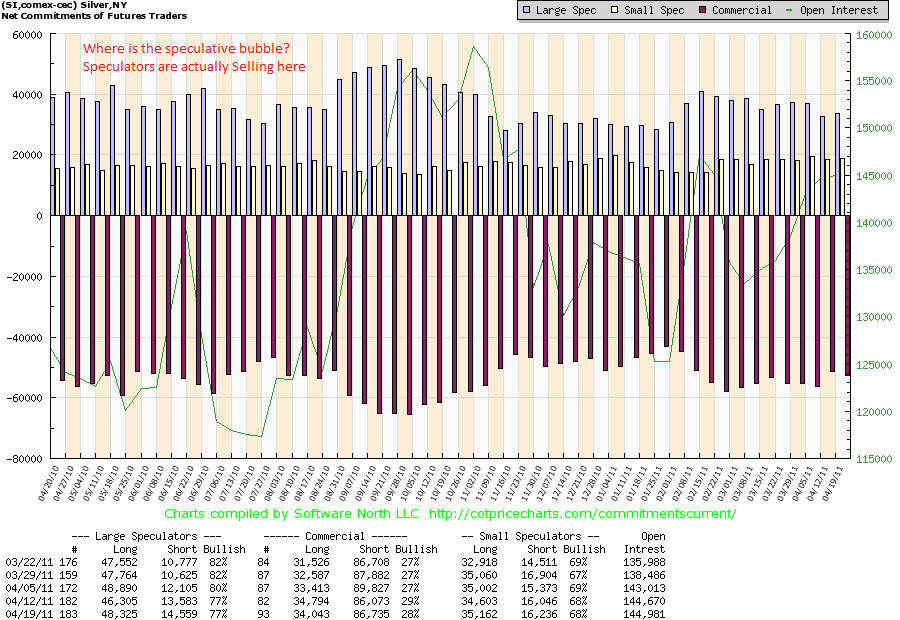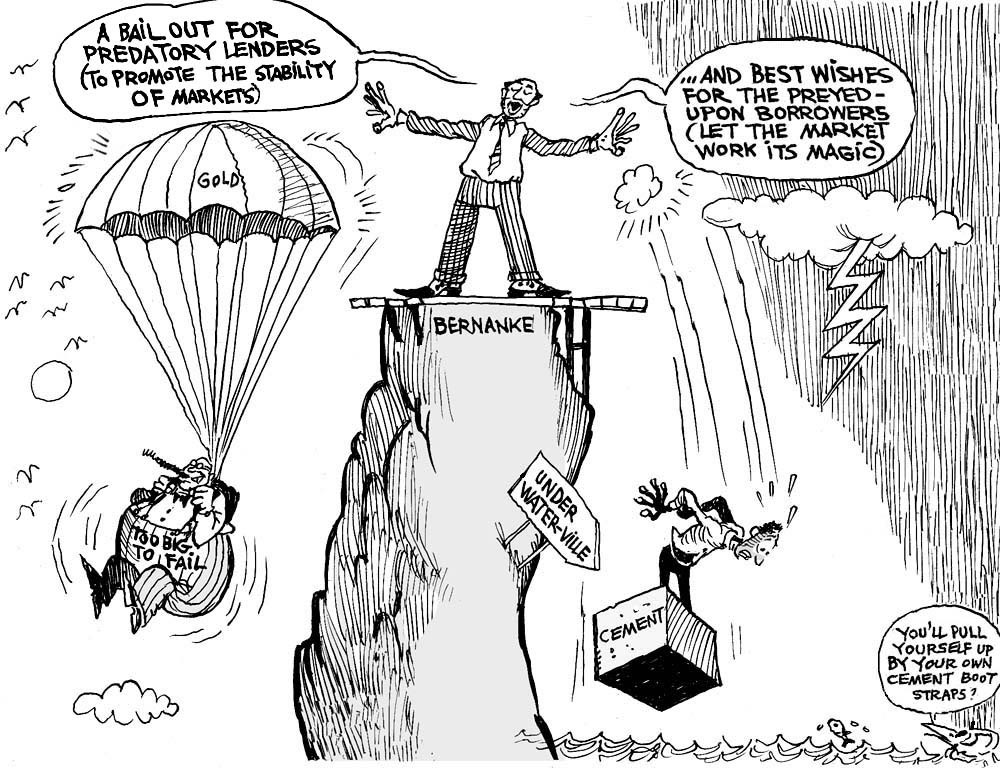Market Speculators More Help Than Harm
Post on: 17 Июнь, 2015 No Comment

Speculators get a bad rap, especially when oil prices spike or a currency’s value is shattered. This is because the media often confuses the line between speculation and manipulation. Manipulation leads to overall economic damage, whereas speculation performs several important functions that keep our economy healthy. In this article, we’ll look at the function of speculators in the market.
What is a Speculator?
Before we get too deep, we have to make a distinction between a speculator and your typical middleman. A middleman can be thought of as the means by which products are dispersed. It would be a very different world if the products we need and/or want were produced nearby. More often than not, every product in your house has at least a component that has taken an international voyage to get there. The markup of the middleman usually matches the materials and overhead costs used to ship, sort, bag and display those products in a store near you, plus some profit to keep the middleman fulfilling this function. This gets maple syrup to Hawaii, Korean laptops to New York and other products to destinations where a higher profit can be realized.
In contrast, the speculator makes his/her money through contracts that allow him/her to control commodities without ever directly handling them. Generally speaking, speculators don’t arrange shipment and storage for the commodities that they control. This hands-off approach has given speculators the erroneous image of aloof financiers jumping into markets they care nothing about in order to make profits from the producers – the salt-of-the-earth types that legislators are always claiming to defend. (To learn more, see How Do Speculators Profit From Options? )

The most obvious function that people overlook when criticizing speculators is their ability to head off shortages. Shortages are dangerous because they lead to price spikes and/or rationing of resources. If a drought kills off half the yield of hay in a given year, it’s natural to expect the price of hay to double in the fall. On wider economies of scale. however, these shortages are not as easy to spot. That’s why commodities speculators help to keep an eye on overall production, recognizing shortages and moving product to places of need (and consequently higher profit) through intermediaries – the middlemen who use futures contracts to control their costs. In this sense, speculators act as financiers to allow the middleman to keep supply flowing around the world.
More than merely financing middlemen, speculators influence prices of commodities, currencies and other goods by using futures to encourage stockpiling against shortages. Just because we want cheap oil or mangoes doesn’t mean we should blame speculators when prices rise. More often, other factors, such as OPEC and tropical hurricanes, have raised the risk of a more volatile price in the future, so speculators raise prices now to smooth down the potentially larger future price. A higher price dampens current demand, decreasing consumption and prompting more resources – more people to take up mango growing or more funds for oil exploration – to go into increasing stockpiles. This price smoothing means that, while you might not appreciate paying $5 for gas or a mango, you will always be able to find some.














